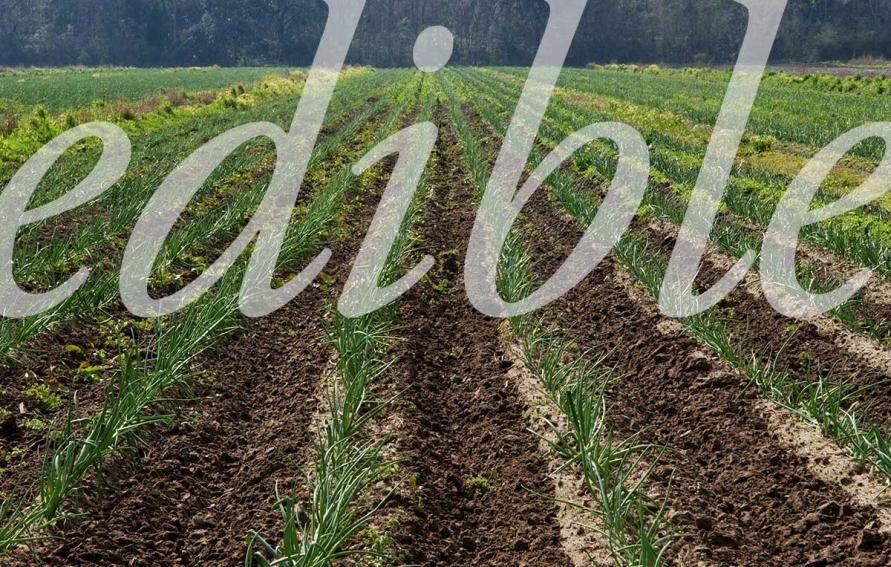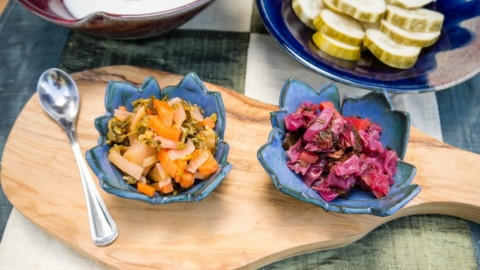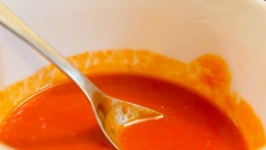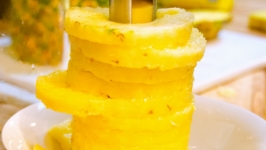Ingredients
- Whole pickling cucumbers
- Saltwater brine (Dissolve 2-3 tbsp of salt in a gallon of water.)
- 3-6 whole garlic cloves
- 1 tbsp or more of fresh chopped dill or dill seeds
- 1 or 2 grape leaves or oak leaves
Instructions
Leaving the cucumbers whole (you can slice them after they’re done fermenting), pack tightly into a small crock or large jar with the garlic and dill. Add enough saltwater brine to cover the cucumbers with at least ½ inch of liquid. The cucumbers will float, so use a weight (a small plate or saucer often works well in crocks) to keep them submerged. Cover the whole container with a light kitchen towel to keep out dust and insects and place somewhere out of direct sunlight. In the heat of summer, when fresh cucumbers are most abundant, fermentation will happen quite fast and if allowed to go too long can result in mushy pickles. The tannins in grape or oak leaves can help preserve the cucumber crispness, but it’s best to start checking your pickles after a few days for desired flavor and crunch. Letting the ferment go more than a week will result in soft pickles. Once you have reached the desired level of fermentation, move the pickles into a sealed container in the refrigerator, where they will last with good flavor for several weeks.
Variations: Any number of fresh herbs or spices can be used to flavor fermented cucumbers. Curry powder and mustard seeds work well, as does fresh basil and thyme. You can also add other vegetables like carrot and celery for a bit more variety. Fresh ferments like this do not result in quite as much acid as pickles in a vinegar brine, so you may want to add a bit of white or apple cider vinegar to the cucumbers before putting them in the fridge.







